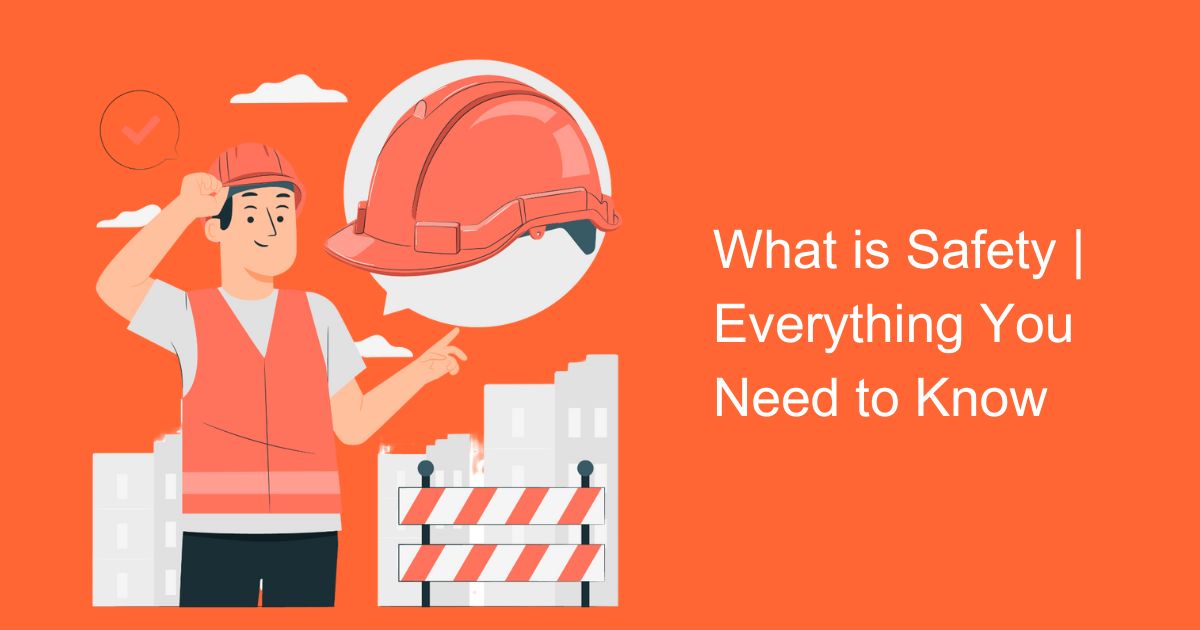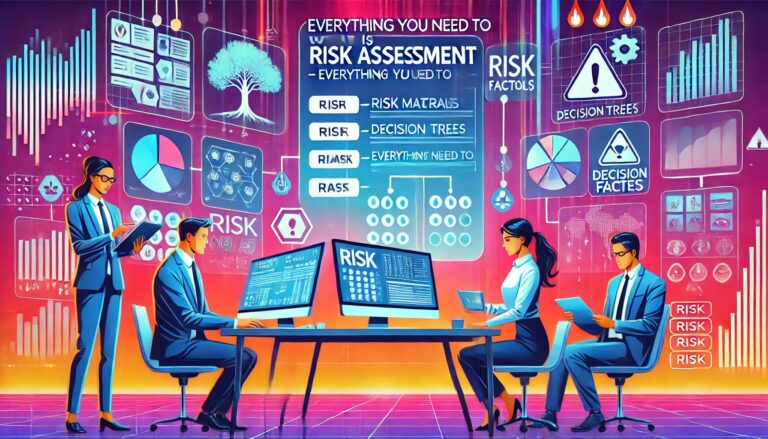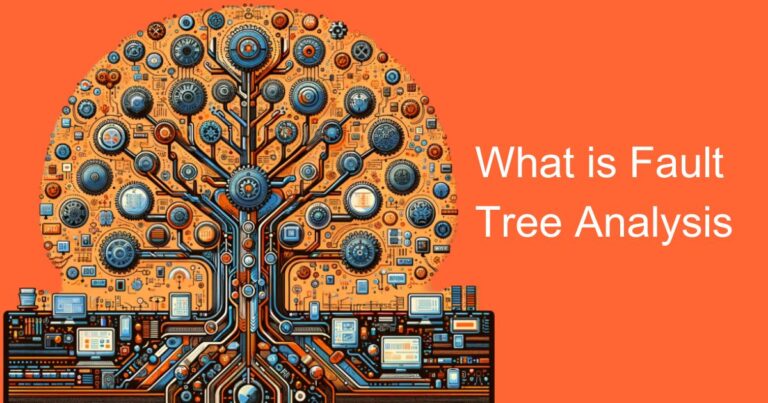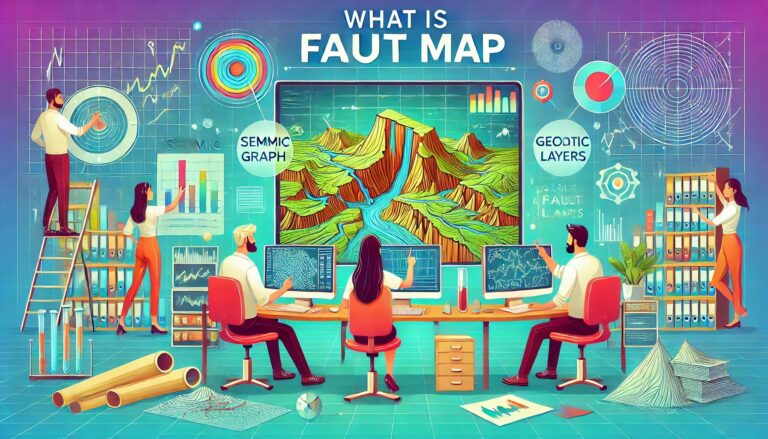Introduction:
Safety is a fundamental aspect of human existence, encompassing various dimensions of protection, security, and well-being. In the Indian context, where diverse cultures, traditions, and socio-economic factors intersect, the concept of safety takes on unique significance. From workplace hazards to road accidents, from food safety to public health concerns, ensuring safety touches every aspect of daily life. In this editorial, we delve deep into the multifaceted concept of safety, exploring its definitions, importance, challenges, and solutions within the Indian landscape.
Defining Safety:
Safety can be defined as the condition of being protected from harm, injury, or loss. It encompasses both physical and psychological well-being, emphasizing the prevention of accidents, injuries, and adverse events. In India, safety extends beyond individual welfare to community and environmental concerns. It encompasses occupational safety, public safety, transportation safety, food safety, and much more.
Importance of Safety:
Safety is paramount for sustaining healthy communities, fostering economic growth, and ensuring social stability. In India, where rapid urbanization and industrialization are transforming the socio-economic landscape, the need for robust safety measures is more pressing than ever. Unsafe working conditions, inadequate infrastructure, and lax regulatory enforcement can lead to significant human and financial costs.
Workplace Safety:
In the Indian context, workplace safety remains a critical issue, particularly in sectors such as construction, manufacturing, and agriculture. The lack of proper safety protocols, training, and enforcement mechanisms puts millions of workers at risk of injury or death every year. According to statistics from the National Crime Records Bureau (NCRB), thousands of occupational accidents occur annually, highlighting the urgent need for improved safety standards.
Road Safety:
India has one of the highest rates of road traffic accidents globally, with millions of lives lost or permanently altered due to negligence, poor infrastructure, and inadequate traffic management. Factors such as overcrowding, reckless driving, and lack of pedestrian safety exacerbate the situation. Addressing road safety requires a multi-pronged approach involving infrastructure upgrades, public awareness campaigns, and stringent law enforcement.
Food Safety:
Ensuring the safety and quality of food products is essential for safeguarding public health. In India, issues such as food adulteration, contamination, and improper handling pose significant challenges. The Food Safety and Standards Authority of India (FSSAI) plays a crucial role in regulating the food industry and promoting food safety practices. However, effective implementation and monitoring remain key areas of concern.
Public Health and Environmental Safety:
From air pollution to water contamination, public health and environmental safety are intertwined with broader socio-economic factors in India. Poor waste management practices, industrial pollution, and inadequate sanitation infrastructure contribute to health hazards and environmental degradation. Addressing these challenges requires holistic approaches that prioritize sustainable development and community engagement.
Challenges and Solutions:
Despite growing awareness and initiatives, several challenges persist in ensuring safety across various domains in India. These include inadequate infrastructure, limited resources, bureaucratic hurdles, and cultural attitudes towards safety. However, concerted efforts from government agencies, civil society organizations, and the private sector can drive positive change.
Investing in infrastructure upgrades, implementing stringent regulations, enhancing public awareness, and promoting technological innovations are some of the solutions to improve safety outcomes. Additionally, fostering a culture of safety through education, training, and community participation is crucial for long-term sustainability.
Conclusion:
Safety is not just a legal obligation or a moral imperative; it is a fundamental human right. In the Indian context, where rapid development often outpaces safety measures, prioritizing safety across all sectors is paramount. By embracing a holistic approach that integrates regulatory frameworks, technological innovations, and community engagement, India can create safer environments for its citizens and future generations. As we navigate the complexities of modern life, let us remember that safety is not a luxury but a necessity for a thriving society.







